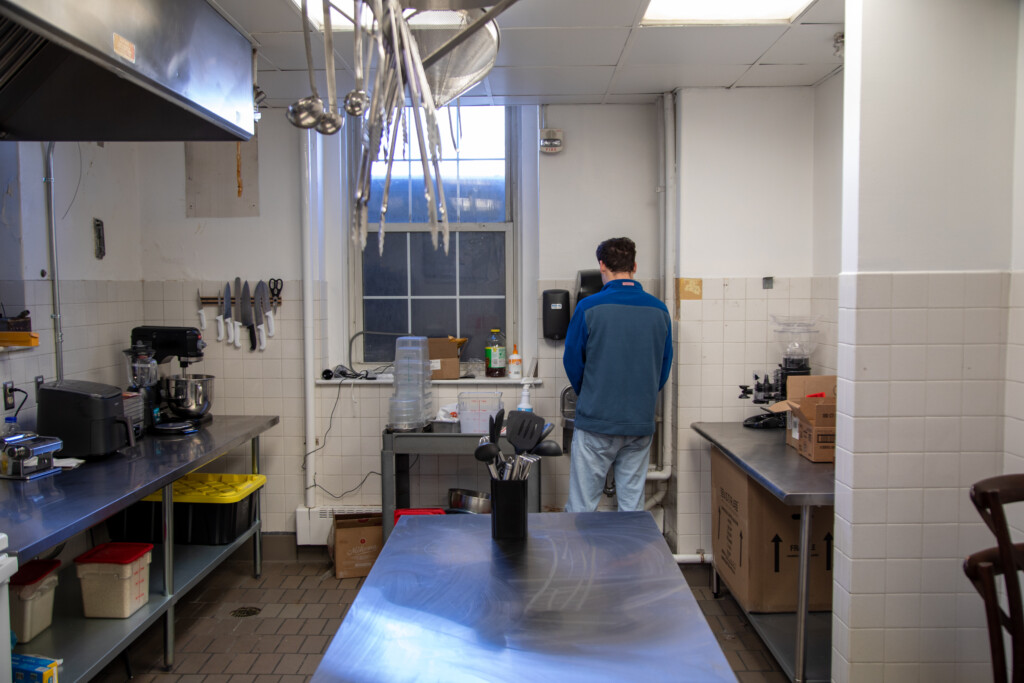Last week, the University’s “We’re Better than THAT” campaign held its first-ever Color Cannot Divide Us Week, with a small slate of events focusing on race and identity.
The events were planned and executed well, commendably so. W. Kamau Bell’s comedic commentary routine, in particular, was an entertaining and informative lesson about the racial issues facing America today.
It was also, to our eyes, the best-advertised of the week’s three programs. Which is one problem with this welcome effort—few students seemed to know about the week’s musical performance and discussion, or its implicit bias training dinner.
The bigger-picture issue with the week and others like it, though, is that it was mostly composed of passive events, where people were shown the effects of racism through music or comedy, but didn’t really have an opportunity to combat it.
W. Kamau Bell’s talk was informative and opened many student’s eyes to the African-American experience, but in the end the event was just absorption.
The implicit bias training was a more active event where students were educated about bias and then participated in some activities that helped them realize their own implicit bias. But the event was a small one—less than 50 students were participating, an almost negligible portion of our campus.
There’s probably a few reasons for that, maybe among them the relative lack of hype for the session and students’ aversion to anything called “training.”
The week’s title embodies this problem with the use of the word “cannot.” It implies the work has already been done—that people have already put in the years of work needed to overcome the lines that bind us all, when in reality color does divide this campus and this country—quite often, in fact—hence the need for such a week.
The title should be one that asks for more of its participants—like “Color Should Not Divide Us.”
Like campaigns the University has tried in the past, the week was less than effective. To draw students to the week and to its goal, the events it holds should engage better. At the same time, the entertainment factor of the events should not overshadow their educational purposes. One way to engage students is to cosponsor with student groups on campus, because it both advertises the event to the group and its constituents but also the event is planned with students’ insights and suggestions in mind. This was done quite successfully with Bell’s talk, which was put on with the Student Programming Board, and the co-sponsorships can be expanded to student groups like Black Students’ Union or Douglass Leadership House.
Keep in mind, though: Students should stay active in critiquing the administration’s efforts but be careful so as not to nitpick campaigns like this out of existence. By working with the University, which is trying to help, instead of brushing its effort off completely, the change we desire might come much easier.

